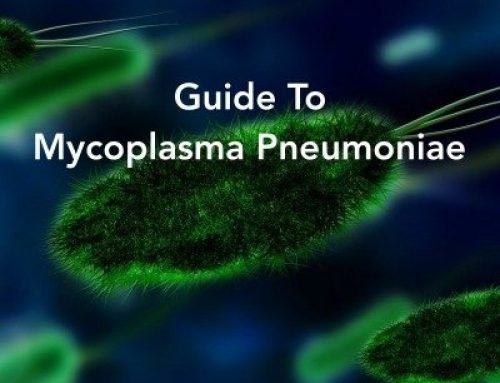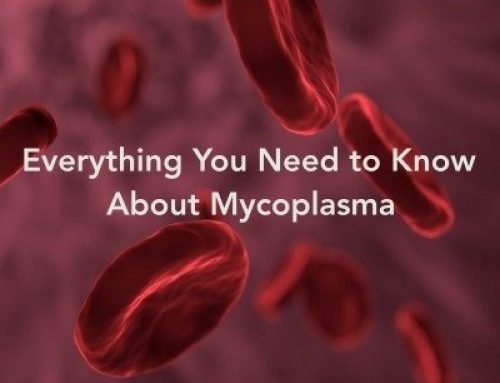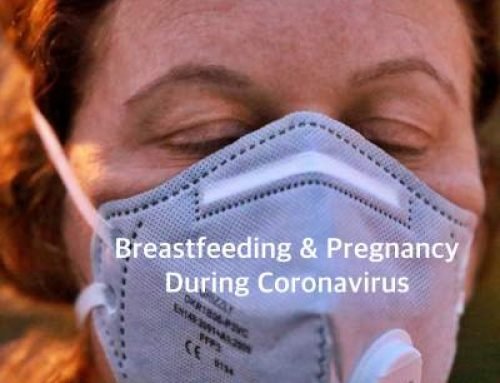Breakthrough Therapy: MDMA May Treat PTSD
Breakthrough Therapy: MDMA May Treat PTSD
As explained on Psychology Today, PTSD or Post-Traumatic Stress Disorder is an anxiety disorder which may occur after being exposed to a terrifying event or trauma during which there was an intense physical harm, either done or threatened to be done. An event which may lead to PTSD can be a violent personal assault, a disaster, an accident, as well as military combat. This disorder is characterized by the sufferer re-experiencing the ordeal which triggered the illnesses. It is important to note that those who have been abused in childhood or had other traumatic events in their life have a higher risk of this mental health condition.
The Main Symptoms of PTSD
According to Help Guide, PTSD varies from person to person due to their nervous system and tolerance for stress being different. What’s more, though developing its signs can occur all of a sudden or during the hours or days after a traumatic event, in a lot of cases, it may happen after weeks, months, or years.
Furthermore, though every PTSD sufferer experience symptoms in their own unique way, the symptoms are divided into 4 major types:
First group- re-experiencing the triggering trauma
- Distressing memories of the event
- Nightmares
- Flashbacks
- Extreme anxiety when one is reminded of the trauma
- Strong physical reactions when reminded, i.e. nausea, sweating, rapid breathing etc.
Second group- numbing and avoidance
- Evading thoughts, feelings, places, and activities which make one think of the trauma
- Losing interest in life
- Feeling of detachment
- Incapacity to remember some parts of the trauma
- A feeling of having a limited future
Third group- hyperarousal
- Aggression and recklessness
- Jumpiness
- Easily startled
- A feeling of being on constant “red alert”
Fourth group- negative thoughts and changes in mood
- Self-blame and guilt
- Mistrust and feeling betrayed
- Inability to focus and remember
- Feeling lonely or alienated
- Depression
The Causes and Risk Factors of PTSD
According to Help Guide, these are the major contributing factors that can lead to the development of PTSD:
- Substance misuse
- Physical or sexual abuse
- History of anxiety, depression, or some other mental disease
- Traumatic experiences from early life
- High level of stress
- Inherited personality traits
- Improper coping skills
- Lack of adequate support after the trauma
Available Treatments and Therapies for PTSD
Without doubt, getting appropriate help for PTSD can significantly reduce the symptoms by assisting the sufferer in coping with the trauma they have gone through. Help Guide explain that sufferers should consult a doctor or a therapist who will try to minimize the hold of the specific trauma on one’s life by encouraging them to recall it and process the emotions they had at that moment. Moreover, other crucial elements of the treatment are exploration of the patient’s thoughts and feelings concerning the trauma, focusing on feelings of guilt and mistrust, showing coping mechanism for intrusive memories, and addressing the issues the mental disorder has given rise to in the patient’s life.
These are the four established treatments designed for PTSD patients:
Family therapy
This can be an efficient method to aid you and your family to understand what you are experiencing and also work together with the members to resolve any relationship issues.
Cognitive-behavioral therapy
This is a therapy through which the therapist gradually exposes the patient to the emotions and situations that make one think of the traumatic event with the goal to create a more balanced picture of the trauma and eliminate the harmful, negative thoughts, as explained on Help Guide.
Meds
In some situations, prescribed medications are recommended for PTSD sufferers with the goal to alleviate secondary symptoms of anxiety and depression; however, they do not address the root causes of this mental health issue.
EMDR
This therapy combines cognitive-behavioral therapy with specific eye movements or sounds or hand taps. As noted on Help Guide, the purpose of these techniques is to relax the brain’s system for processing information, which can be interrupted during highly stressful situations.
The Crucial Role of Self-Help
When it comes to the recovery from PTSD, this is an ongoing process and it cannot happen overnight and sometimes, not all memories of the traumatic event go away entirely and this is often difficult for a lot of patients. Nonetheless, there are ways to help yourself by learning how to properly minimize your anxiety and fears and better your quality of life. As seen on Help Guide, here are some beneficial tips about how to achieve this:
- Take positive actions- even though the feeling of hopelessness is common for people who suffer from PTSD, one should always try to remind themselves that they have the power within to overcome these difficult emotions through a variety of methods, from donating blood or donating to your favorite charity to volunteering and asking for help from a friend.
- Be physically active- did you know that working out can be of great aid if you suffer from PTSD? It will not just enhance your mood and outlook on life, but it will stimulate your nervous system’s response to stress. Opt for walking, swimming, running, boxing, martial arts, hiking, rock climbing, camping, etc.
- Find adequate support- to fight off the feeling of disconnection from the world, you should find caring and supporting individuals who will converse with you or listen to what you need to say without any criticizing, judging, or distracting you. This may be a friend, a family member, a romantic partner, or a therapist.
- Lead a healthier lifestyle- as emphasized on Help Guide, finding time for relaxation and getting massages or doing yoga, staying away from unhealthy food, drugs, and alcohol and choosing healthier foods, and getting sufficient amount of sleep is highly recommendable for people diagnosed with PTSD in order to improve their relationships with people and prevent changes in fluctuations, moodiness, and anger.
Breakthrough in PTSD Treatment: MDMA
According to Third Wave, this drug was first synthesized in the 20th century and by the 80s, it became a pivotal tool in psychotherapy. Patients experienced reduced anxiety and self-consciousness and its use increased due to the positive effects it exhibited. However, it soon leaked to the streets and in 1985, it was made illegal. Nowadays, the research on MDMA is on the rise due to its potential to treat PTSD.
MDMA, also known as ecstasy, is a psychoactive drug whose primary use is for recreational use. However, according to the Multidisciplinary Association for Psychedelic Studies, in combination with psychotherapy, MDMA can be a great tool for people with PTSD and other disorders too. It is known to enhance the feeling of trust and compassion towards other people, which may have a great potential together with psychotherapy.
Namely, in August 2017, the FDA granted Breakthrough Therapy Designation to MDMA as a treatment for PTSD and the FDA and the association are working together to create guidance for the MDMA development in treating this mental health problem and also to manage the development program in the best manner possible. This is the Phase 3 of clinical trials and it is the final part of research which the FDA requires before it is determined whether MDMA will be legally prescribed for PTSD.
The Effects of MDMA
As noted by Sara G. Miller, this drug elevates the level of several brain neurotransmitters, including serotonin, which is in charge of enhancing the feeling of well-being, happiness, and satisfaction. She also goes on to explain that oxytocin, a hormone, is also elevated by MDMA, which increases the feeling of deeper connection with others. Interestingly, research points out that oxytocin reduced the interpretation of specific facial expressions as threatening, which can be effective in therapy, especially for PTSD individuals. It was also found that this drug has the power to lower the activity in the amygdala or a section of the brain linked with fear, which can also be advantageous for PTSD sufferers.
Final Thoughts on PTSD Therapy
Without doubt, PTSD is one of the most challenging mental disorders of the 21st century and even though there are available therapies that may help, it is also important to take the groundbreaking findings on MDMA’s power to help patients with PTSD into consideration.
Namely, as asserted on Live Science, the impact of MDMA on the brain is one which can increase the effectiveness of talking through past traumas as a tool for coping. Since in a lot of people psychotherapy does not show positive results, researchers believe that MDMA could be the trigger to better the response in patients undergoing this therapy. K. Sheikh concludes that if MDMA becomes available on the market, it should be prescribed according to specific protocols and only by doctors with adequate training.
Insurance
Embry Women’s Health is committed to providing quality, affordable health care. We’re in-network with all major insurance plans, including Aetna, Blue Cross Blue Shield, Cigna and UnitedHealthcare. No insurance? No problem. We offer a simple fee schedule for those who wish to pay out-of-pocket. Click the button below for our complete list and more information:














Leave A Comment